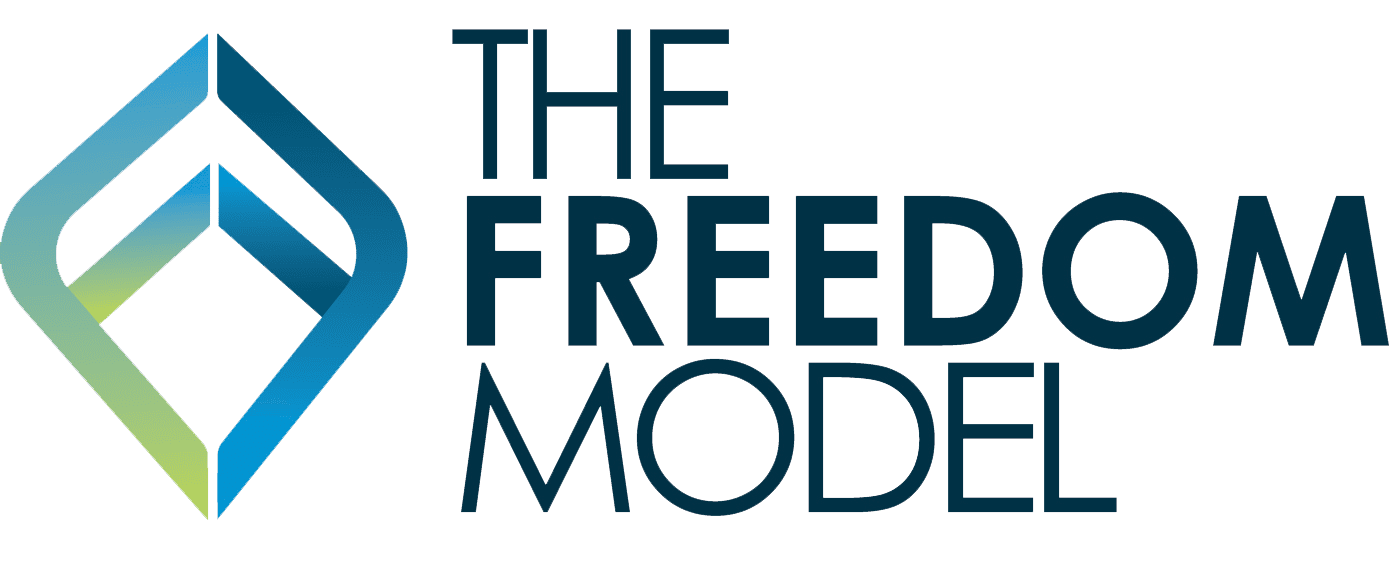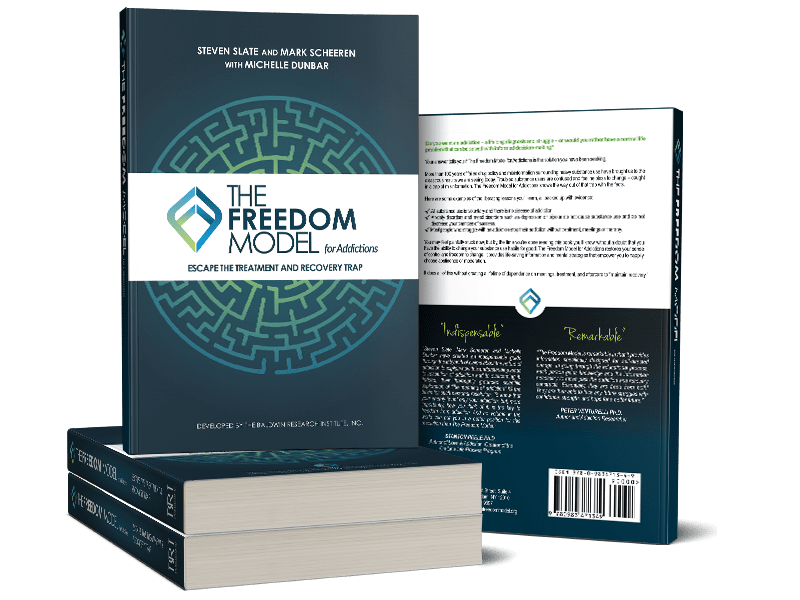You Asked, We Answered
Addiction Questions
I need to be in recovery. I know your book says that it isn’t needed, but without being careful I will go back to using. I’ve been sober for 2 yrs, and recovery was my path there. I’m not sure I believe that recovery isn’t needed, and I think it is dangerous to say so.
Actions speak louder than words. It’s an old saying, but its wisdom holds true. In the recovery society, they tend to give credit to certain ideas for your decision to moderate or abstain. You state that “recovery” has been the vehicle to that path. However, let us look directly at reality – at the core. In the most fundamental way, if you were to look at your actions, you have “been sober for 2 years.” The operative word here is “you.” What are “you?” “You” are your mind, and the culmination of the choices that come from your mind, and the results of those choices. That is who “you” are. So even if you attribute “recovery” (some external actions you have decided to take – or be influenced by in the case of therapy or the like) for your abstinence, that abstinence was actually achieved because you decided to be abstinent. It matters little what that path was, because without the fundamental decision/choice to abstain, you would not be abstinent – your actions, in this case abstinence, speaks loudly what you believe will make you happier. So in the final analysis, it wasn’t the external factors that somehow came to your rescue – it was a fundamental decision within yourself that you would be happier without using substances. For without that decision, you’d still be getting high. The Freedom Model discusses this in detail:
“Many readers do not thoroughly understand the point of chapter 2—You Have To Want It To Work—so it needs to be clearly stated now. Everyone who changes his substance use does so by his own power of choice because, at the time that he changes it, he sees the change as a happier option. This holds whether he uses substitution drugs, support meetings, or ongoing therapy. No matter to what he attributes his change, he is maintaining the change because he sees it as his happiest available option. Therefore, we are saying that The Freedom Model is descriptive because it explains these changes. Regardless of whether people understand it, they are making their own choices by their own free will and thoughts in their autonomous minds, which direct them to the change that is the happier option. Their true preference is revealed by their behavior.
Goals, preferences, and priorities, articulated either inwardly or outwardly, need not be consistent with the choices actually made when confronted with the options presented by the real world. A man may claim or believe that keeping the lawn mowed is more important than watching television but, if he is found spending hours in front of the TV screen, day in and day out for weeks on end, while weeds and tall grass take over the lawn, then the preferences revealed by his behavior are a more accurate indicator of that individual’s priorities than either his expressed words or even whatever beliefs he may have about himself. (Sowell, 2010)”


0 Comments